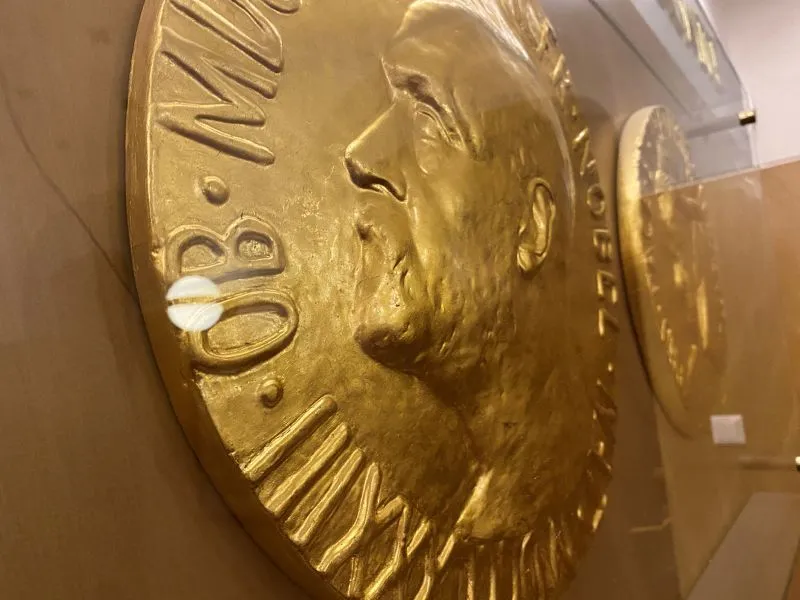Nobel-Worthy Discoveries in Science Awaiting Recognition

Nobel-Worthy Discoveries in Science
The Nobel Prize celebrates monumental achievements in the sciences, yet many significant breakthroughs remain unawarded. Mapping the human genome is one such monumental project completed in 2003, which has fundamentally changed biology and medicine. This endeavor involved thousands of scientists, raising the challenge of recognition given Nobel's rules that limit awards to three individuals.
Another notable development is in obesity treatment. Blockbuster drugs that mimic a hormone known as glucagon-like peptide 1 (GLP-1) have transformed health care, signaling new hope for those battling obesity and related conditions. Critical contributors to this drug's success include Svetlana Mojsov, Dr. Joel Habener, and Lotte Bjerre Knudsen, all recognized with a prestigious award that hints at a potential Nobel.
Transforming Lives with AI
Artificial intelligence stands at the forefront of scientific advancement. Key figures like Demis Hassabis and John Jumper have significantly impacted biology with their creation of the AlphaFold Protein Structure Database. Utilizing AI to decode protein structures, their work has been utilized by over two million researchers. This high citation count could indicate a Nobel Prize in their future, according to industry experts.
Researching the Microbiome and Cancer
The understanding of our gut microbiome is crucial in health research, with pioneers like Dr. Jeffrey Gordon leading the charge. His innovative approaches have the potential for Nobel recognition, given the field's emerging importance. Furthermore, the groundbreaking work of Mary-Claire King on breast cancer and genetic susceptibility has fundamentally changed risk assessment and prevention strategies.
This article was prepared using information from open sources in accordance with the principles of Ethical Policy. The editorial team is not responsible for absolute accuracy, as it relies on data from the sources referenced.